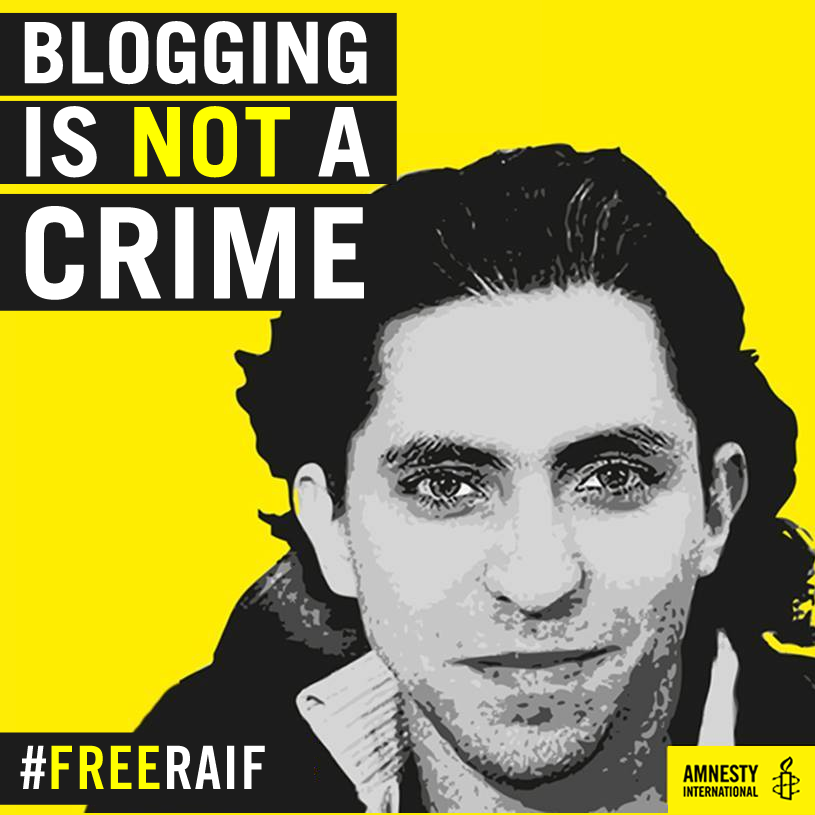Saudi Arabia rejects UN declared cease-fire and continues bombing cities in Yemen, more civilians are killed
Saturday, July 11, 2015
No comments
Saudi Arabia rejects UN declared cease-fire and continues bombing cities in Yemen, more civilians are killed
Saudi-led air strikes hit Yemen’s capital and another main city causing explosions, residents reported, two hours after a United Nations humanitarian truce took effect.
Bombing pounded Yemeni military positions east of the capital Sanaa and also Yemen’s third largest city Taiz.
The U.N.-brokered pause in the fighting was meant to last a week to allow aid deliveries to the country’s 21 million people who have endured over three months of bombing and civil war.
A coalition of Arab states has been bombing the Iranian-allied Houthi rebel movement since late March in a bid to restore to power Yemen’s President Abd-Rabbu Mansour Hadi, who has fled to Riyadh.
The group controls much of Yemen, including Sanaa and Taiz. Air raids and fighting have killed more than 3,000 people since then. Residents in areas of heavy combat between Houthi forces and local militiamen reported that ground fighting and Saudi-led air strikes on the Houthis had increased across the country in the hours before the truce was to take effect.
read more >>



































